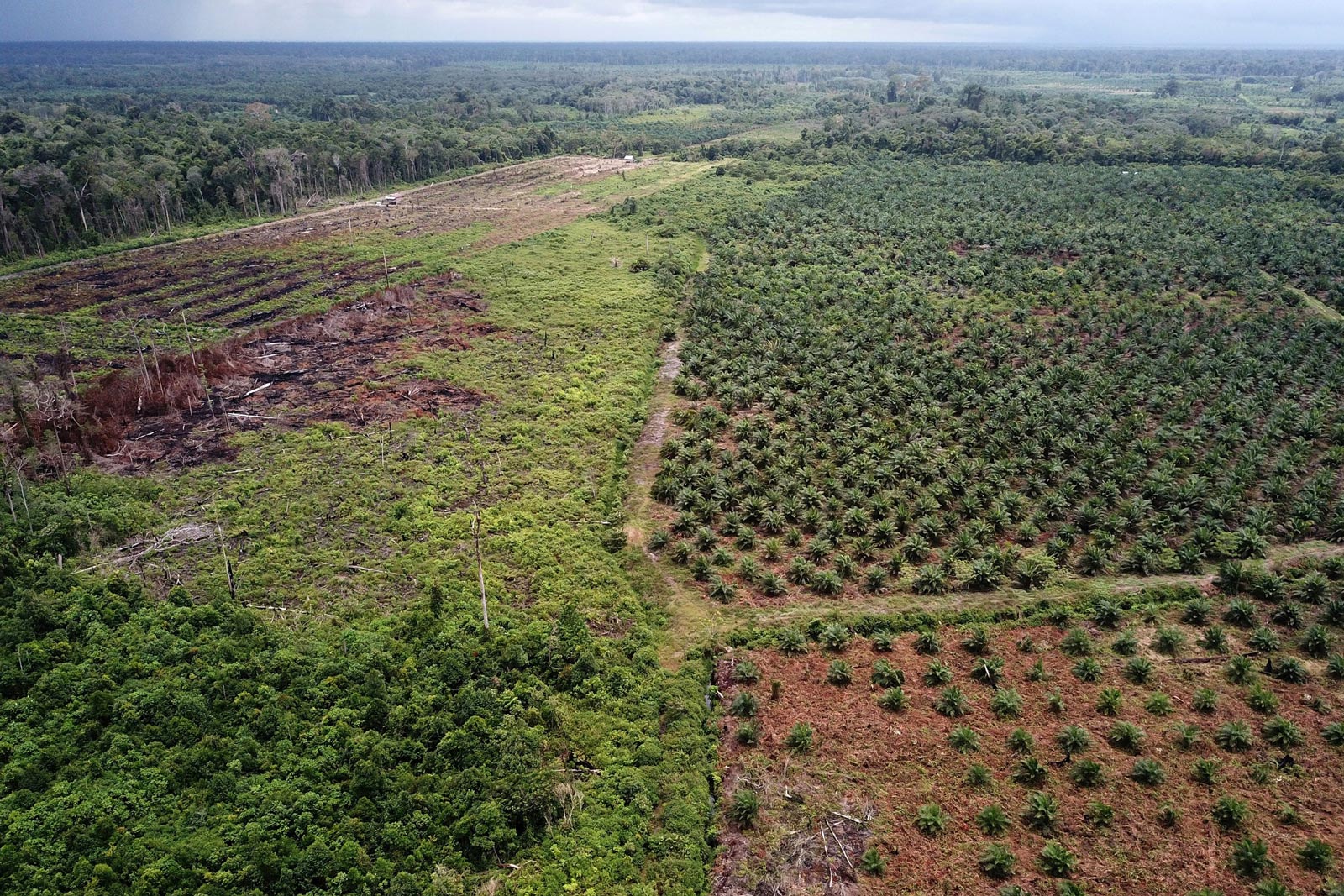Parts of this article were amended on July 21, 2020 to reflect claims made by Wilmar International. A full statement with their responses to the allegations made against them in this article can be read here.
In Indonesian, the word nagari, derived from Sanskrit, is a term used to denote a traditional administrative unit of the Minangkabau people, an ethnic group native to the west-central highlands of Sumatra, one of the country’s largest islands.
The Minangkabau, like others across the jungled regions of Indonesia, are being impacted by the environmental and social fallout from encroachment by companies that harvest palm oil, one of the most widely-used natural ingredients in global food, cosmetics and bioenergy supply chains.
The Nagari Institute is a local Indonesian non-profit led by director Zulkifli, a man who has dedicated himself to advocating for the Minangkabau people, especially in regards to regional communities’ fight against the takeover of their customary lands. It is one such organisation channelling community voices to push back.
For decades, one company regularly accused of taking over land without the consent of the local populations in Indonesia’s West Sumatra province has been Singapore-headquartered Wilmar International and its subsidiaries, self-styled as “Asia leading agribusiness group”.
Since the late 1990s, community activists say that Wilmar and its subsidiary companies such as PT Permata Hijau Pasaman (PT PHP) have accumulated land by way of outsized influence, intimidation and obfuscation, leaving many local communities feeling powerless in the face of billion-dollar markets and threats to their natural environment.
According to many of the Minangkabau, who Zulkifli says have clear traditional rules regarding the use and inheritance of their ancestral lands, Wilmar has too often used its power and influence to push local concerns aside.
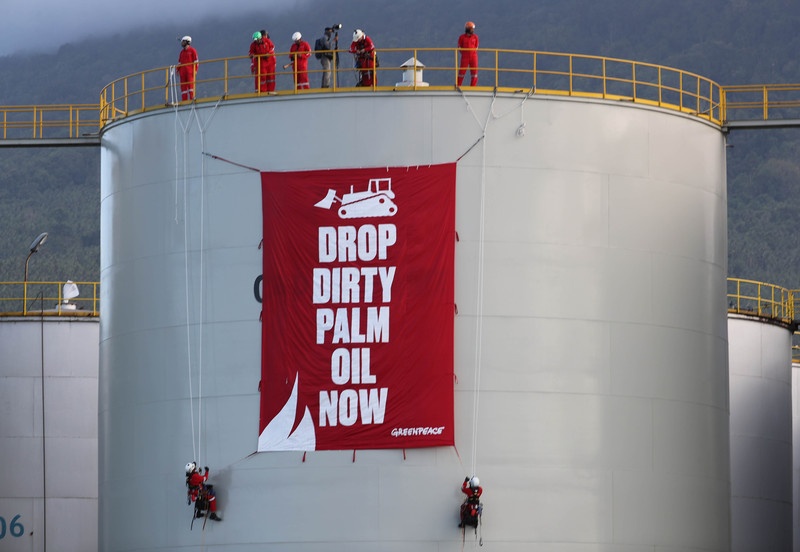
Violence and intimidation still occur in communities such as in the Nagari Koto Baru community, Kinali and others that have problems with Wilmar
“There is no transparency [in Wilmar’s operations],” Zulkifli told the Globe. “The result is a high violation of the community’s rights because land acquisition is not supported by the people that live here,” he added.
While the legal fight over the Minangkabau’s right to community lands has been ongoing for years, there has been progress – albeit slowly.
In early 2020, as a part of Wilmar’s dispute mechanism procedure, one local community, the Nagari Kapa, succeeded in reaching a settlement with the company, which acknowledged that a part of its 700-hectare palm oil concession was unfairly developed.
As a part of the agreement, Wilmar agreed to pay the community compensation for its use of their land over the last twenty years. For the next twenty-plus years, the remaining time on Wilmar’s current contract in the area with the Indonesian government, they agreed to pay rent to the community. [Wilmar disputes that this is rent, but acknowledges monthly payments are made].
When the license period is over, both Wimar and local government officials have reportedly agreed to support the Nagari Kapa community if they decide they want the contested areas back in full.
While many in the community view this as a positive development, it puts into sharp relief the cross-sectoral failure to include local voices in decisions regarding the land – not only has Wilmar failed to include their considerations, but so have government agencies that awarded them contracts in the first place.
For Zulkifli, while progress in one area is good, justice has not yet reached many other communities in need. “There are many other communities that I know of in West Sumatra who haven’t had their rights recognised and that are still being intimidated by Wilmar.”
“Violence and intimidation still occur in communities such as in the Nagari Koto Baru community, Kinali and others that have problems with Wilmar concessions and their supply chains,” he added.
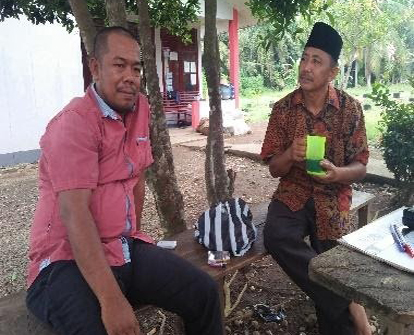
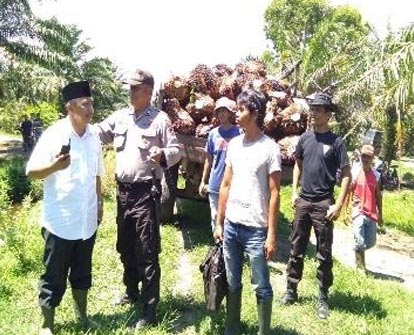
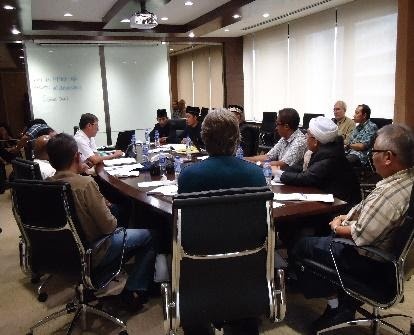
According to documentation obtained from the Nagari Institute, individuals and groups supported by Wilmar subsidiaries have repeatedly resorted to intimidation and threats in an attempt to silence the community.
On several occasions, community members throughout the area have been arrested for working on what they considered to be a part of their traditional lands.
In one instance, local leader Syahrul Ramadhan Tanjung Sinaro was arrested and forced to stay in jail over 100 days, with local authorities reportedly telling him that he would only be released if he signed a paper forfeiting the community’s claim to land used by a Wilmar subsidiary. [An investigation into Syahrul’s allegations are ongoing, and Wilmar disputes his claim.]
In another event, a village woman named Tini was violently threatened by local security forces when she refused to stop working in a field owned by the company. She claims that her house and all her family’s possessions were later burned down. [Video footage of Tini’s testimony can be seen here].
In its attempts to restore their rights over the land and seek justice amid ongoing intimidation, over the decades local communities have engaged in peaceful protests and blockades of company land grabs and slow or unresponsive dispute mechanisms.
In July 2018, hundreds of community advocates protested outside of the West Pasaman District Court to show support to indigenous leaders like Zulkifli, who often work for free to help locals receive justice.
However, according to Zulkifli, any form of protest is often seen as a threat to the company and attempts are often made to silence them.
“[Due to the fact that] indigenous peoples do not accept the company’s behaviour and continue to protest and defend their lands, companies with capital strength have made threats, arrested and even [threatened the community with weapons] to expel and disperse the waves of protests coming from indigenous communities,” he said.
Official Wilmar policy seeks to prevent both environmental degradation and the exploitation of people in its business operations. As a part of its “No Peat, No Exploitation” policy that was enacted in 2013, the company promised to only work with organisations that meet the company’s social and environmental standards.
According to research from Greenpeace International, however, Wilmar continues to partner with suppliers that flout its rules, including those that engage in slash and burn farming techniques that contribute to biodiversity loss, climate change and widespread forest fires that put millions of Indonesians at risk of respiratory problems.
In addition, despite its policy of protecting land with ‘high carbon stocks’ like peatland, which naturally sequesters large amounts of organic carbon, in early April Wilmar announced it was leaving the High Carbon Stocks Approach Steering Group, an international coalition of organisations seeking to reduce deforestation, over internal disagreements.
The company is also a member of the Roundtable of Sustainable Palm Oil (RSPO), a group that oversees environmental and social sustainability standards among its members in order to mitigate risks to the environment and communities when farming palm oil. They also help mediate disputes with member companies.
Despite RSPO certification, critics say the standards are too often ignored, especially by subsidiaries on a local level.
When speaking with a Wilmar spokesperson on the issues of intimidation in Minangkabau communities last December, they declined to respond to requests for comments on specific allegations, instead saying that the company takes “the violation of human rights very seriously” and that they have “zero tolerance for threats, intimidation, harassment, retaliation and especially the use of violence against anyone who raises concerns, lodges complaints, [or] for whistleblowing or participating in an investigation”.
As for their disagreements over land use with the Nagari Kapa community, they acknowledged that mistakes had been made in the past, but emphasised that they “have begun working on implementing the recommendations by [a third party investigator] to address these gaps whilst continuing engagement with the affected communities and to resolve the related conflicts.”
I feel that the recent agreement by Wilmar is the success of advocacy carried out by upholding international law and palm oil market policies
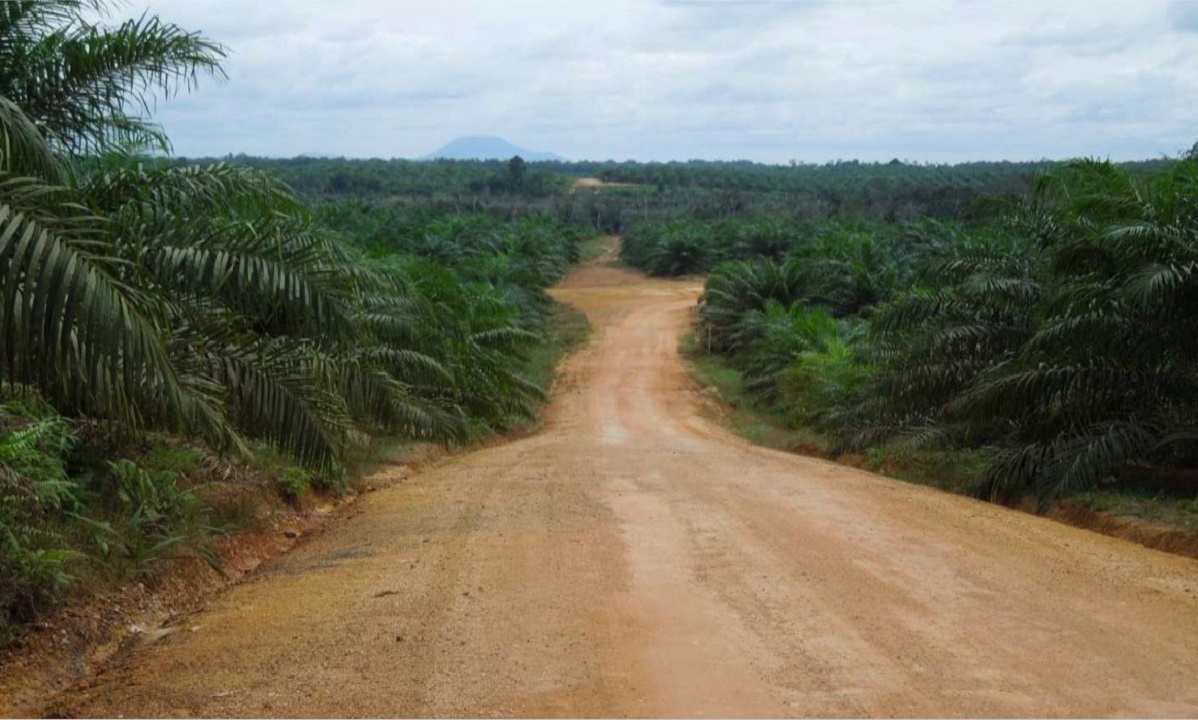
For Zulkifli, Wilmar’s negotiated settlement with the Nagari Kapa is a testament to the public’s efforts to organise and peacefully push back against unfair corporate encroachment.
“I feel that the recent agreement by Wilmar is the success of advocacy carried out by upholding international law and palm oil market policies,” Zulkifli argued.
In other words, he feels that Wilmar’s actions should be viewed as adherence to the company’s most basic obligations to the communities it operates in according to internal policies and interorganisational agreements.
“Wilmar is a voluntary member in the RSPO that is required to carry out FPIC [free, prior and informed consent] procedures in land acquisition. FPIC is the right of indigenous peoples,” he added.
To ensure broader legal gains for indiginous communities, Zulkifli is pushing the Indonesian government to recognise the rights of traditional landowners to have a say on the issuance of agricultural permits, locally known as HGUs.
He also wants to help create a national registration database of indigineous lands and arrange a long term community benefit system that would allow local communities to strengthen their social, economic and legal footing in relation to palm oil companies .
“As a temporary resolution, the compromise over land use [for the Nagari Kapa] is a huge success, but there is still much work to be done,” he said.
While Zulkifli battles on, there is concern, however, that the central government in Jakarta isn’t doing enough to prioritise indigenous voices on environmental issues.
In February of this year, the government submitted a controversial omnibus bill into the national legislature that some Indonesians fear prioritises economic growth at the expense of environmental concerns.
Although the 1,028 page bill is still winding its way through government approval processes, environmentalists say that proposed changes to Environment Impact Analysis and building permit requirements could tip the hand of corporate interests even further, possibly making it easier for companies to abuse indigenous lands over the long term.
Despite the uncertain future and uneven local success, Zulkifli shows no signs that he intends to slow down.
“I will continue to work to provide legal assistance to communities affected by the expansion of oil palm plantations in the Sumatran region and work with communities to gain recognition of community land rights from plantation companies and the state.”
“What the community wants the most is for companies and the state to recognise the rights of indigenous peoples to their land,” he concluded.
